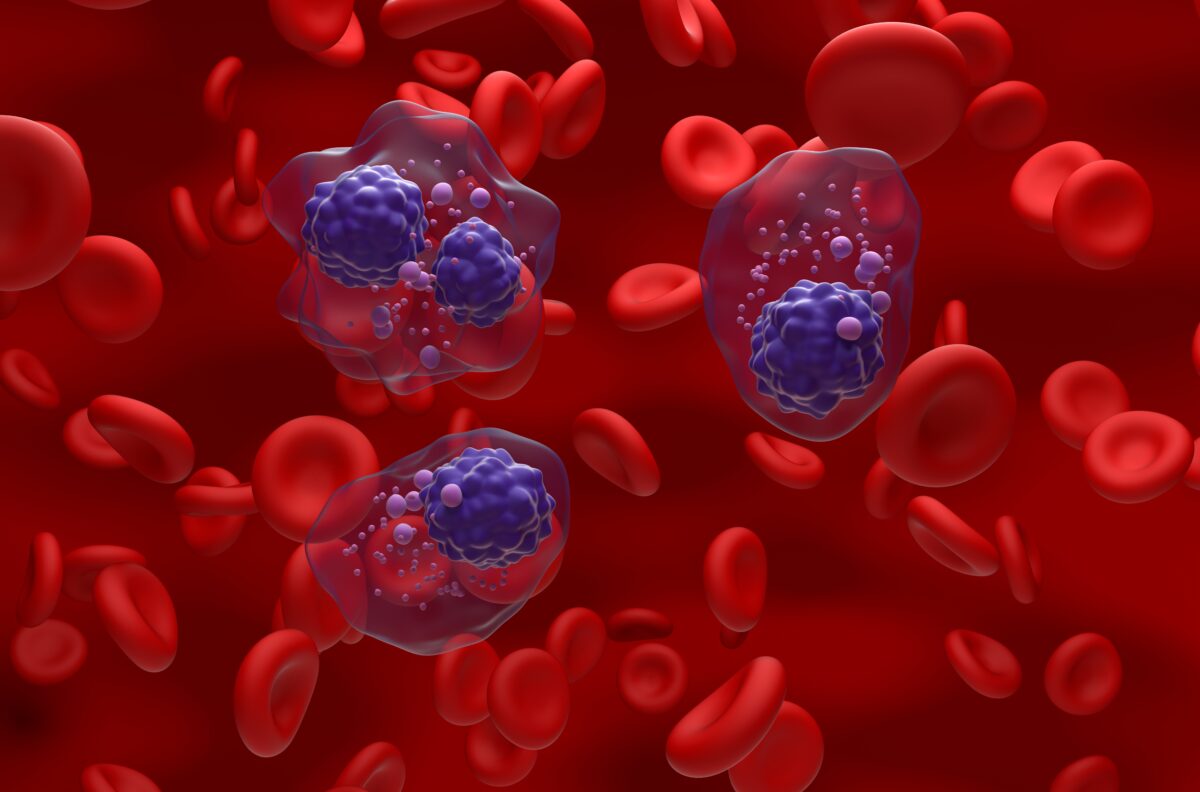Incyte Corp’s programmed death receptor-1 (PD-1) therapy Zynyz (retifanlimab-dlwr) has received the green light from the US Food and Drug Administration (FDA) for the treatment of adult patients with metastatic or recurrent locally advanced Merkel cell carcinoma (MCC).
The intravenous drug was given the nod under the FDA’s accelerated approval pathway.
Zynyz is a monoclonal antibody that targets PD-1.
The immune checkpoint inhibitor is now the eighth approved one in the market, and the third for metastatic MCC. Others for the indication include Merck & Co.’s PD-1 inhibitor Keytruda (pembrolizumab) and Pfizer and Merck KGaA’s PD-L1 directed Bavencio (avelumab).
MCC is a rare and aggressive type of skin cancer that often appears as a single, painless, reddish-purple skin nodule on the head, neck and arms on sun-exposed skin. It tends to grow quickly and has a high rate of metastasis, resulting in a poor prognosis. MCC patients with distant metastatic disease have an estimated five-year overall survival (OS) rate of 14 percent, according to data cited by Incyte in a press release announcing Zynyz’s approval.
While MCC affects less than one per 100,000 people in the US, its incidence is on the rise, particularly in adults over the age of 65.
Related: Clinical Studies Support DermaSensor’s Skin Cancer Detection Device
Zynyz’s approval comes after Incyte had an unsuccessful bid for the drug in front-line squamous cell anal carcinoma (SCAC) in 2021. An FDA advisory committee raised some concerns with that submission and asked for more data before it could recommend approval.
While Incyte is continuing studies of the drug in that indication, industry onlookers say the filing for MCC was rather hush-hush and came as a surprise.
Given the other PD-1 and PD-L1 checkpoint inhibitors in the space, analysts at William Blair see “limited opportunity” for Zynyz in MCC. But Incyte should keep its eye on the SCAC indication as that would provide a “niche opportunity” for the company, said the analysts in a client note to Incyte.
Zynzy’s (retifanlimab) Efficacy Results
Zynyz’s approval was based on data from the open-label, single-arm POD1UM-201 trial that evaluated Zynyz in adults with metastatic or recurrent locally advanced MCC who had not received prior systemic therapy.
Treatment with Zynyz as a monotherapy led to an objective response rate (ORR) of 52 percent. Complete response was achieved in 18 percent of the patients (12 patients) and 34 percent (12 patients) had a partial response. Duration of response (DOR) ranged from 1.1 to over 24.9 months. Seventy six percent experienced a DOR of six months or longer and 62 percent for 12 months or longer.
A spokesperson at Incyte said the ongoing Phase II POD1UM-201 trial will act as the confirmatory trial that the FDA requires under the accelerated approval. Data from that trial will determine whether Zynyz gets full approval.
XTALKS WEBINAR: Leverage Novel Options in Oncology Clinical Trial Design to Reduce Burden For Patients and Sites
Live and On-Demand: Monday, April 24, 2023, at 12pm EDT (9am PDT)
Register for this free webinar to learn how electronic solutions, with a focus on patient-reported outcome (ePROs) can reduce burden on participants and sites to maximize the chance of success in oncology clinical trials.
Cost of Zynyz
Incyte has yet to reveal how much Zynyz will cost, but said it is committed to working with US insurance providers to ensure greater access.
The company also said Zynyz’s monthly price will be “comparable” to other agents in the class on the market. Keytruda has a list price of $10,683 per dose when administered every three weeks and $21,367 for a dose when given every six weeks.
Along with SCAC, Incyte is also evaluating Zynyz as a monotherapy in microsatellite instability-high endometrial cancer, and in combination with chemotherapy for patients with SCAC and non-small cell lung cancer (NSCLC).












Join or login to leave a comment
JOIN LOGIN